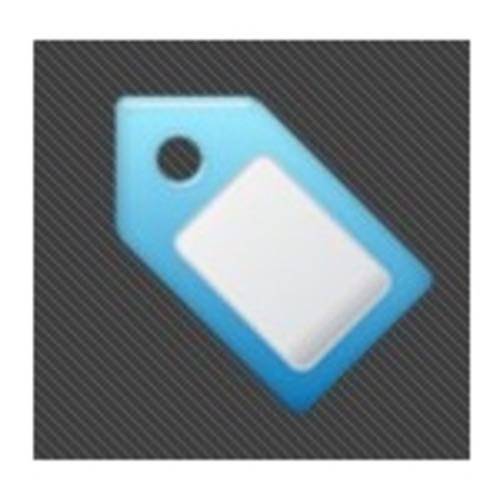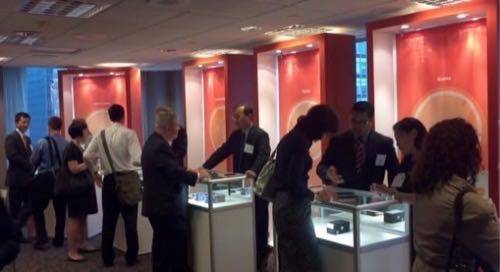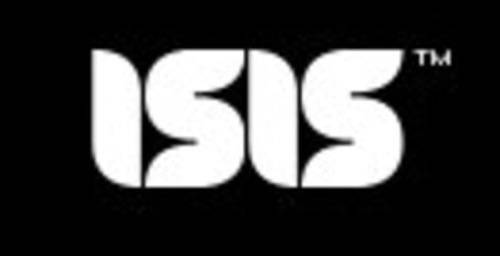Whenever people think of near field communications, they think of mobile payments. Your phone becomes your wallet and spending money becomes as easy as tap, tap, tapping all day. Well, the era of your tap-able digital wallet is not here yet. It may never come. But that does not mean there are not some very interesting uses of NFC coming down the pipeline.

For instance, there was a Coca-Cola vending machine at ad:tech this week that was tied to Google Wallet. Tap, tap, tap away and take a Diet Coke Break. At Nokia World there as a gate that could be opened with a tap from your phone. A developer is working on NFC solutions to help his father who has Alzheimer’s. NFC could be great as a monetary transfer solution, but there is so much more.
Groundswell To An NFC Enabled World
A couple of months ago we wrote about a pilot program at Arizona State University gives students NFC-enabled phones that can be used to access dormitories and university buildings. At the time we said that this is the perfect place for the widespread use of NFC to start: universities have long been known to be the birthplace of behavior-changing trends.
Let’s look at the NFC Coca Cola machine. This is actually the second time that we have run across one of these prototypes (note: we were not at ad:tech this week but found this story from Mobile Commerce Daily). The first time we saw one of these Coke machines was at a reception around mobile payments from MasterCard in New York City a couple of months ago. It functioned just like any other Coke machine, except it accepted money through NFC. Make your selection and tap on the receiver instead of digging through your pocket for change.
“The combination of mobile commerce and location technology moves our business from the point of sale to the point of thirst,” said Wendy Clark, SVP of integrated marketing communications and capabilities Coca Cola according to Mobile Commerce Daily. “We have to place bets and we have to take risks if we want to feel innovation in the way that we market.”

We may see groundswell coming from the big brands that are looking to change how they interact with customers. NFC is not going to be adopted because the big corporations like Google make partnerships with other big corporations in the mobile and financial worlds and all of a sudden we are going to change how we go about our day-to-day lives just because they tell us so. The act of buying a Coke is one of the simplest and most straightforward acts in all of society. If you see that your friend just paid for a Coke at a vending machine with her smartphone, you are much more likely to go, “hey, I wonder if I can do that to.” Once you have your foot in the door, you are more likely to use that process again.
Adapting Technology To The Situation
During Nokia World in London I met a developer that wanted to explore NFC because his father has Alzheimer’s and he wanted to figure out how the technology could help him give his father a way to manage his day-to-day life. For instance, setting timers on items around the house to keep his father from doing odd things at odd moments, like opening cabinets in the kitchen at 4:00 a.m. or leaving the house at the same time and wandering the neighborhood, not knowing where he is going. If his father has a watch with NFC in it, he could program those household functions to only respond to the NFC timer at certain times of the day.
This was all in the theoretical stage as the developer was just starting his initial research but those types of capabilities are not beyond the realm of NFC.
Think of it: this is how NFC will evolve. Consumers are not going to be bludgeoned from on high by companies like Google, Sprint and MasterCard. It will start as a groundswell where developers see a problem, solve a problem. Big brands, like Coca Cola or Wal-Mart, will start instituting NFC solutions and people will become familiar with the technology first. It is one thing for Google to have a big demo, roll out a bunch of partners and say “this is the future.” It is another for people to actually have the technology in their hands, using it to do a variety of activities.
Even the Google Wallet competitor, ISIS, thinks that competition is good for the realm. In an interview with CNET, ISIS CEO Michael Abbott said, “competition is what this space needs.” Why would he say something like that? Because Abbott understands that people learn from other people and that the more solutions there are out there for people to see the technology in action, the more will ultimately adopt it. Competition drives innovation and better products in consumers’ hands. In that way, the technology adapts to the situation, not the situation to the technology.

What do you think are the possibilities of NFC? Can you see it being more than just a clever way to pay? Let us know in the comments.

















